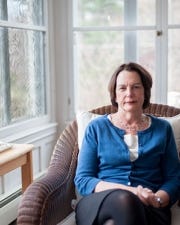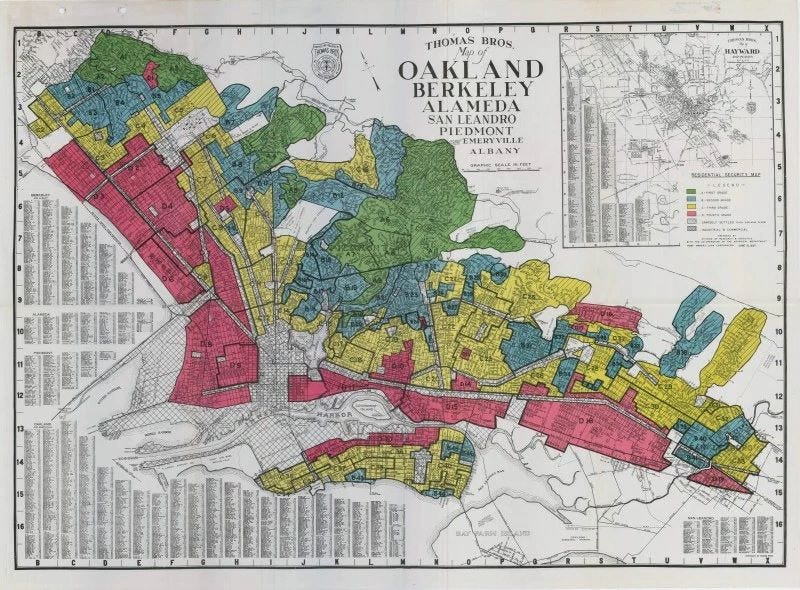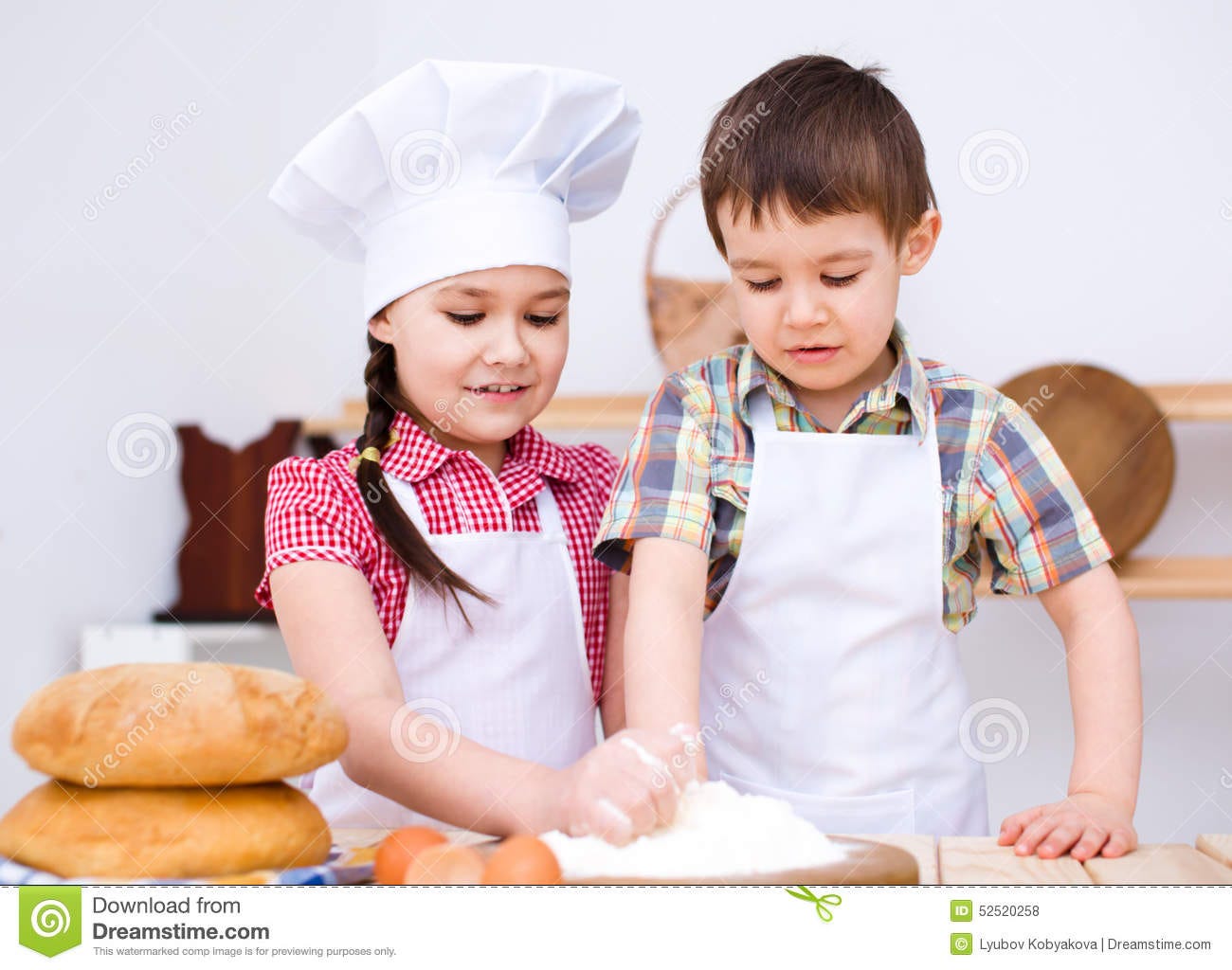The Bread Is Over
It's time for parents like me to leave some shit on the table
*This week’s title is an homage to an unrelated but incredible piece by Sabrina Orah Mark that I highly highly recommend. Best writing of 2020, IMHO.
**What a damn week. Hope you all are as riled up as you should be, but also, like, remembering to take a bubble bath and all that. XO.
When my husband and I first visited preschools, I embarrassed him to no end. I asked a gajillion questions, gave an audible “amen!” to some comment about emergent curriculum, and threw a lot of shade at, among other things, a teacher reading a book but not simultaneously showing kids the pictures, an activity that has most definitely contributed to my own carpal tunnel.
At one school, run by a loving but disheveled octogenarian wearing an honest-to-god suit in the land of yoga pants and Patagonia, I was horrified by the number of plastic toys on the shelves, the small yard, the fact that daily snacks included such subnutritious, pedestrian items as graham crackers and orange juice. “I am not,” I whispered too loudly, “going to pay someone else to feed my kid friggin’ graham crackers!”
At another school, the one we finally went with, my husband was visibly relieved to see me relax. I liked this school’s philosophy, I liked how they went out of their way to accommodate children with disabilities. Like your standard white-lady-with-a-doctorate-in-education, I also liked the sparse shelves of carefully arranged, open-to-interpretation wooden objects. And when the director told us, nonchalantly, that he had stopped ordering bread so that the children could bake it themselves, my silly, bougie little heart skipped a beat.
It wasn’t that I really thought my child was the most precious thing in the world who needed to be protected from store-bought carbohydrates. It’s just that, if there was homemade bread to be made, I wanted my kid to have a slice. Partly cause I knew I wasn’t making that shit at home, and it made me feel better about that. But mostly because, once the idea of my child eating fresh, organic bread that he made with his own sweet hands had been put into my mind, passing up the opportunity felt like I was doing him a criminal disservice.
In the 1990s, a sociologist named Annette Lareau did a study on differences between poor or working class and middle-class parenting styles. She and her people followed almost a hundred families - they accompanied them to the doctor’s office and to sporting events, even slept-over - and what they found was that the two groups had very clear, very different approaches to raising children. Lareau referred to the parenting approach of poor and working class families as “accomplishment of natural growth” parenting, wherein kids were cared for but given lots of unstructured time. These parents rarely interfered in the development of their children, and taught them to be respectful of authority. The middle-class, on the other hand, approached parenting as “concerted cultivation,” in which children were seen as a project to manage and improve upon, and taught to negotiate with adults and take up space.

I find Lareau’s work especially poignant because, in the decades since, this country has largely done away with its middle class. The resulting effect appears to be even more parenting polarization. On the one hand, there are parents with little resources and protections, without the privilege to choose what kind of parent they want to be, and on the other, parents who, with the help of experts, a booming industry devoted to fanning the flames, and as always, the white-supremacied-foundation of this country, have put concerted cultivation into hyperdrive. And it’s not just that class divides (which are so devastatingly tied to race) exacerbate parenting ones, but also, as someone in the Atlantic once pointed out, and as Lareau’s own follow-up studies indicated, that these differences in child-rearing, in-turn, exacerbate inequity.
Of course, like Meryl Streep and Alec Baldwin (and maybe Steve Martin too? I never really understood the whole thing…), it’s complicated. There are very valid reasons for parents of all classes to advocate intensely for their children. Disabled children, transgendered children, children from poorer households, and children of color, for example, are constantly being neglected and even abused by our society and education system, and a parent’s interference can be essential to their survival.
But for many white, wealthy, or high-status families like mine, disposable income, aggressive capitalism, and the lies society tells some of us about how special we are, have turned cultivators into full-on hoarders. We gobble up the parenting resources simply because we can and, some of us believe, should.
This is the year that many parents have realized their children are not okay. But it is also the year that many children have been better off without the stress of their high-achieving schools, happily playing at home. Where parents are seeing firsthand what cultivating-the-shit-out-of-children for eight hours a day, plus homework, does to them. As far as children and tequila are concerned, less is often more.
And yesterday, anyone who didn't think violent, institutionalized racism was at the beating heart of this nation realized they were wrong. Is using our whiteness to incite, condone, aide, or participate in a coup of our democracy, with impunity, the same as using it to secure every extra you can for our already-comfortable children? Maybe not. But I would argue that they are part of the same sickness.
My son’s preschool has turned out to be sweet and well-run. The families are friendly and the teachers dote on the children. We are very happy there. But every once in a while I calculate the money we could be saving or donating, a not-insignificant sum, by going to that first school. And, would you believe it, there has been no sign of anyone baking a single loaf of bread. I don’t know if I imagined it, if it was a ploy to attract overly-precious parents like me, if the bread machine broke the day after our tour and no one bothered to replace it. The children happily eat Costco bagels and even, on occasion, lord save us, graham crackers.
Years later, with the help of many wise people, my husband I have been mulling over this theme of taking less of the unfairly-sliced pie for ourselves and our children. When our son enters Kindergarten next fall (if God or Gavin Newsom is reading this, please oh please let there be Kindergarten next fall), he will attend the local public school. It is very, very stupid that this should seem like a notable act, but we live in a city where over 30% of the overall population but only 10% of the public-school students are white. When school is in session, you can sit on our stoop and watch all of the neighborhood kids load into their cars and head for their respective private schools, or one of the handful of public schools in the district that concerted cultivators are told they should try, by any means, to get into. Meanwhile, a perfectly lovely, though yes, “under-performing” school around the corner serves mostly black and brown kids from other parts of town.

For us, the decision was finally made after we attended a virtual tour of the private school down the street, just feet away from the public one, which describes itself as progressive, has a full-time staff member devoted to equity, and told us repeatedly that it believes “every child’s unique voice deserves to be heard.” “Does it?” my husband joked.
I do believe very child’s unique voice deserves to be heard, but I don’t know that adults flashing that statement like a club card to one another is the same thing as children actually being heard. And I don’t like the feeling that “equity” is being used as a dog-whistle to the parents who want to have our anti-racist-cake and eat it too, who want to live in a diverse, urban neighborhood but send our kids to a mostly-white school, slap a “Keep it Oakland” bumper sticker on our car and refuse to participate in civic institutions, talk to our children about resilience and inclusiveness and then say “oh, only the bread for my child, thank you very much.”
There will be no dog whistles at our new school. When we went for a visit, a year ago, the school was in the middle of a fire drill. The secretary informed us, in as few words as possible, that we’d better follow the children out until it was over. We weren’t there to be courted and catered to, she seemed to be reminding us. There were more important things to attend to.
I am grateful to have choices. I don’t take that lightly. And I think the biggest choice for parents like me right now is to take less instead of more. To say “nope” to the stories we are told about our children that are really about us, our fucked-up culture, our reluctance to turn away from a system that, however horrific, serves to benefit us. If this really is a new year, let us resolve to leave some things on the table. Not because we can, but because we must.
“How can there possibly be more, Sarah???!”
-Y’all, I swear I edit :)
-For a much better-researched discussion of how this week’s events connect to our own small choices, check out today’s installment of The White Pages.
-To get acquainted with the effort to stop racism from dictating schooling, check out the first episode of The Integrated Schools podcast. Thanks Elissa for the reco!
-This photo essay of the differences between nearby public schools is very feels-provoking.
-If you live in or around Oakland or are interested in educational equity, subscribe to Great School Voices.





This is so good!!! Thank you Sarah for your amazing writing and insight.
Thank you Sarah for your incisive, honest reflection and your ongoing commitment to change.